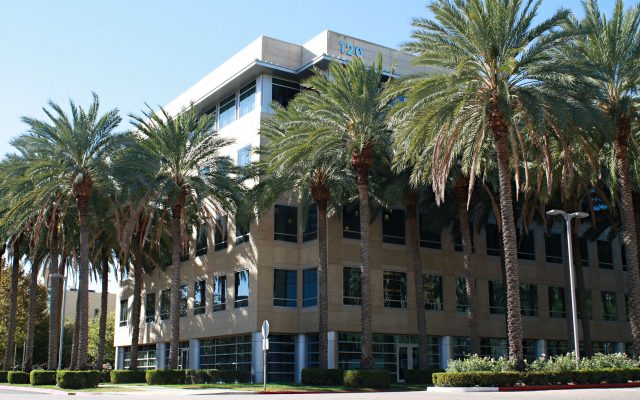Probate is a process of authenticating a will and testament, that is overseen by the court system. It entails finding and determining the monetary value of someone’s assets, paying their last taxes and bills, and transferring what is left to the rightful or chosen beneficiaries. The court will decide whether a will is valid, appoint an executor, and then see certain duties are carried out with the estate. The laws for probate vary by state, so it’s important to understand the laws for where you live.
Will Validity and Distribution of Assets
State laws list what is required for an estate to go through probate. These laws also go over what happens if someone passes away without a will. If no will was written, probate is necessary to pay the individual’s outstanding bills and transfer their estate to heirs. If a decedent did leave a will behind, then the probate judge will assess its validity, which may happen over a court hearing.
A notice of this hearing has to be sent to every beneficiary listed in the will, in addition to heirs. Heirs are different in comparison to beneficiaries, where the former are those who inherit due to state law if no will is present, and the latter were chosen by the decedent specifically.
During this hearing, those who are concerned or have wishes to express will get a chance to do so. Beneficiaries or heirs may come forward with complaints about will validity, where the decedent was of sound mind, and assets they believe they should receive. Ultimately, the final decisions will be made by the court judge.
An Executor is Chosen
If an executor was not appointed in the will, or a will was not written, then the court will choose someone to carry out duties related to the estate. An executor may be called an administrator or personal representative, who will oversee the process and settle the estate under probate.

